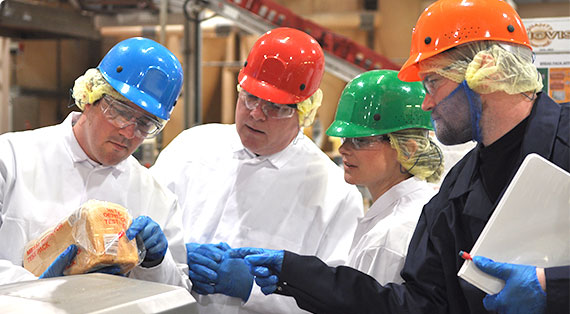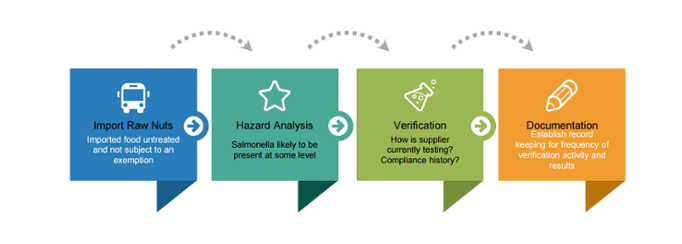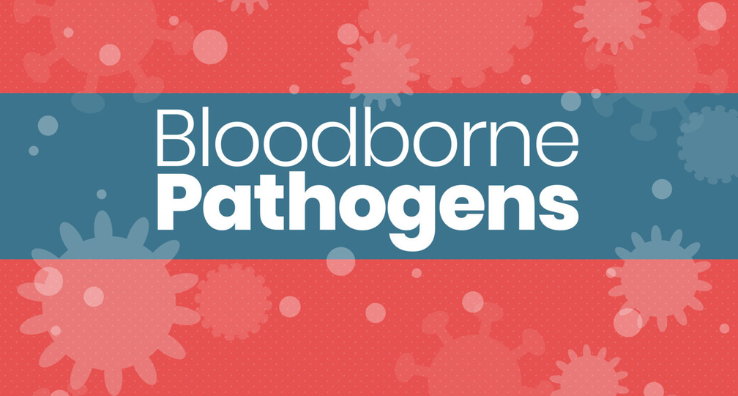5 Ways for the Food Industry to Avoid Criminal Liability: Lessons from Peanut Corporation of America

In 2015, a federal judge shook the food industry when he sentenced three executives from the Peanut Corporation of America (PCA) to serve hard jail time for their role in 2008-2009’s Salmonella outbreak. The landmark decision set a legal precedent that has not only shaped the way the FDA now approaches its own investigations, but also leaves food industry professionals open to criminal liability. Executives and plant management could pay a hefty price.
Take for example the sentences handed down to Peanut Corporation employees:
- Stewart Parnell, former CEO of the now defunct PCA, received a 28 year jail sentence
- Michael Parnell, his brother, received a 20 year jail sentence
- Mary Wilkerson, quality assurance manager of the plant, received a 5 year jail sentence
Ultimately, PCA’s tainted peanut butter paste led to nine deaths and sickened more than 700 people. The outbreak led to the recall of more than 2,100 products, including third party brands who were supplied by PCA.
In light of PCA’s revolutionary court decision how can companies mitigate the risk of criminal liability?
{{cta(‘6107ffea-b1cf-4818-bf87-4e55f9f9dd9a’,’justifycenter’)}}
1. Evaluate risk management programs

Create a “playbook” for your risk management teams. Make time to re-evaluate your strategies with 3rd party auditors, insurance brokers, and legal teams to be sure you’ve covered all your bases.
2. Assess your supplier verification programs

Be sure that you have a thorough vetting process in place for all suppliers. This is not only a requirement under the Food Safety Modernization Act (FSMA), but also a crucial preventative control measure.
3. Train employees to identify & communicate food safety hazards

Well trained employees will know how to identify hazards. Be sure that they are properly trained to examine supplied materials like:
- Ingredients
- Packaging
- Processing aids
- Supplied services
Don’t neglect to establish a clear line of communication that empowers them to escalate issues that could negatively impact food safety.
4. Be sure environmental monitoring programs are robust

Environmental monitoring is crucial to maintaining control on food safety hazards within your operation. Remember that it’s ok to find positives in your testing — positives enable you to focus your efforts on elimination of niches and the maintenance of a sanitary environment.
5. Conduct internal drills for your recall, communications, and crisis management plans

Image Source: Crisis Solutions
Be sure that your retailer and food service relationships are current. Keep the lines of communication with your customers open and contact lists up to date. Work with all of your customers to develop a rapid response program in the event of a recall.
By taking these preventative steps you may empower your team to step up to the challenges ahead. Through a bit of advance planning and careful attention to your food safety programs you can not only protect your brand, but more importantly, you can protect the people who make and consume your products.





